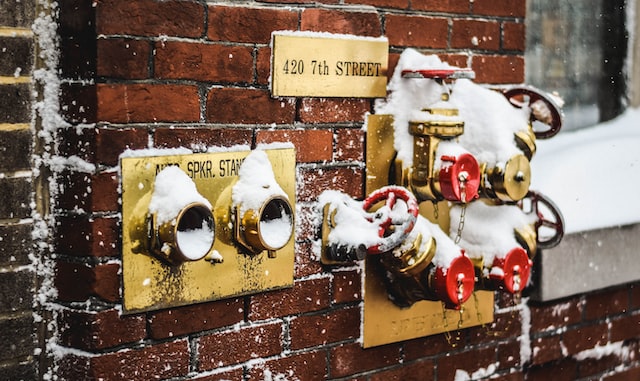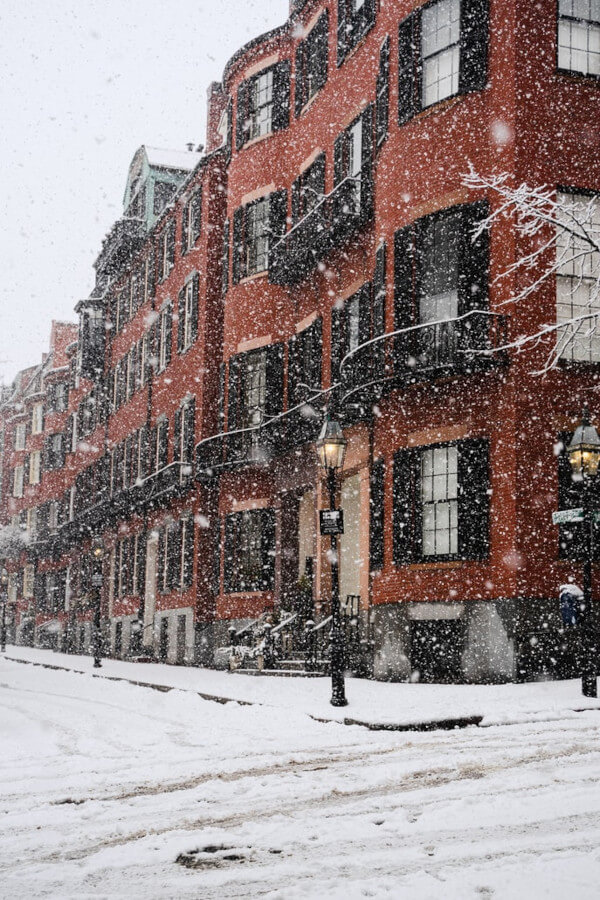How to Prepare Your Rental Property for Winter
As winter approaches, it's crucial for landlords to ensure that their rental properties are ready to withstand the harsh weather conditions that come with the season. Proper winterization not only keeps your tenants comfortable but also helps prevent costly damage to your property. In this article, we'll provide a comprehensive guide on how to prepare your rental property for winter.
Conduct a Property Inspection
The first step in preparing your rental property for winter is to conduct a thorough inspection. Check for any existing issues or potential problem areas, such as leaks, drafts, or faulty heating systems. Pay special attention to:
- Windows and doors: Ensure that they are properly sealed and insulated. Replace weatherstripping or caulking as needed.
- Gutters and downspouts: Clean them to prevent ice dams and water damage.
- Roof and Gutters: Inspect for loose or damaged shingles and repair any issues. Make sure there are no leaks or damage that could allow water to seep into the property. Clean out the gutters to prevent them from clogging and overflowing.
- Plumbing: Check for leaks and insulate exposed pipes to prevent freezing.
- Heating system: Have the furnace or heating system serviced by a professional to ensure it's working efficiently.
Winterize the Exterior
The exterior of your rental property should be properly winterized to prevent damage and keep the property safe. Take the following steps:
Insulate and Seal
Proper insulation and sealing are essential to keep the cold air out and the warm air in. Here's what you should do:
- Insulate the attic and walls to improve energy efficiency.
- Install or replace weatherstripping and door sweeps on all exterior doors.
- Seal gaps around windows with caulk or sealant.
- Add insulation to your water heater and hot water pipes to reduce heat loss.

Maintain Heating Systems
A well-functioning heating system is vital during the winter months. Ensure your heating system is in top condition by:
- Change or clean furnace filters regularly to maintain efficiency.
- Have a qualified technician inspect and service the heating system before the start of the winter season. This will help to ensure that it is operating efficiently and safely.
- Install a programmable thermostat to regulate temperature and save on energy costs.
Protect Against Frozen Pipes
Frozen pipes can be a major issue in winter. To avoid this problem:
- Insulate pipes in unheated areas, like basements, crawl spaces, and attics.
- Let faucets drip during extremely cold nights to prevent freezing. Turn off the water supply to your outdoor faucets and spigots and drain them completely. You may also want to insulate them to prevent them from freezing.
- Instruct your tenants on how to shut off the main water supply in case of emergencies.
Provide Adequate Snow and Ice Removal
It's essential to ensure that your rental property's walkways and driveways are safe and accessible during winter. You can:
- Arrange for snow removal services or provide shovels and salt to your tenants.
- Include snow removal responsibilities in the lease agreement.
- Keep an eye on local weather forecasts to prepare for snowstorms.
Communicate with Your Tenants
Maintaining good communication with your tenants is crucial during the winter months. Make sure they know how to contact you in case of emergencies and provide them with guidelines for winter care and maintenance.
Conclusion
Winterizing your rental property is an investment in both tenant comfort and the longevity of your property. By conducting inspections, insulating and sealing, maintaining heating systems, protecting against frozen pipes, providing snow and ice removal, and keeping open lines of communication, you can ensure a smooth and worry-free winter for both you and your tenants. Following these steps will not only help you avoid costly repairs but also create a positive landlord-tenant relationship built on trust and responsibility.
Homes for rent: Homes for rent in Massachusetts
Homes for sale: Homes for sale in Massachusetts

Related Articles:
• Will homeowners insurance go up after one claim?
• How to Avoid Apartment Rental Scammers